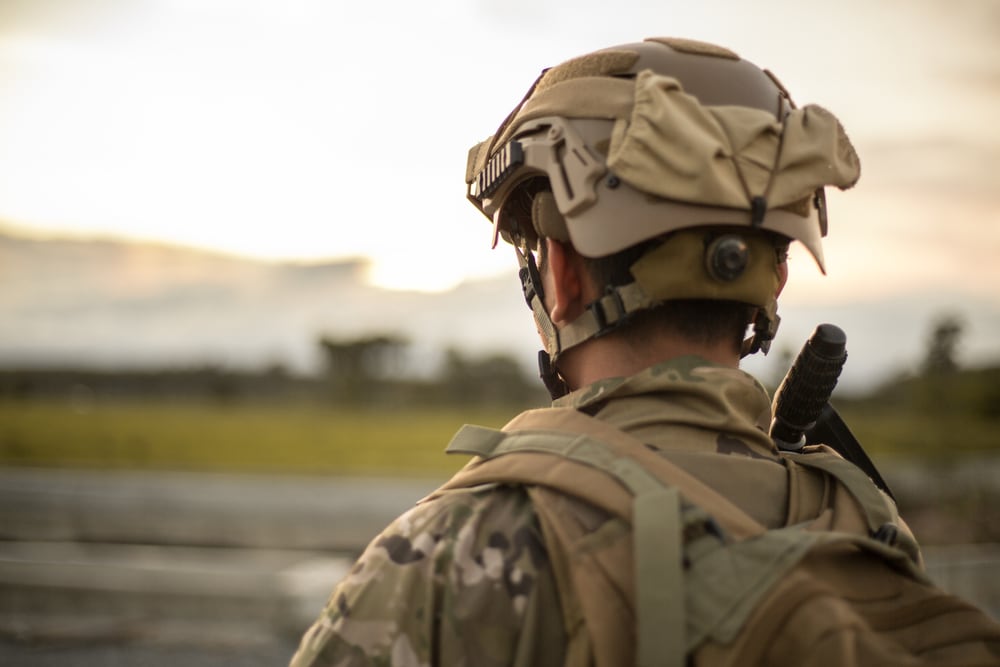SEC football needs booze
According to the old maxim, “In the South, college football isn’t just a sport. It’s a religion.” Indeed, there are few things more hallowed than Southeastern Conference (SEC) football on Saturdays and church on Sundays. In fact, Sundays in the Bible Belt were once treated the same as many of today’s college athletic stadiums, where there is a strict prohibition of general alcohol sales.
And while this issue once spanned college sports across the country, the National Collegiate Athletic Association (NCAA) has gradually loosened its restrictions. Now it appears poised to relax them even further by allowing general alcohol sales at championship events. Yet rather than following the NCAA’s lead, SEC leadership has stood firmly opposed to the liberalization of alcohol policies, leaving its 14 schools with mostly “dry” stadiums. The SEC should reverse this blanket prohibition and leave the decision up to the local authorities.
Why have SEC captains plotted a misguided course for sobriety? Are they worried that Tennessee fans will forget the words to “Rocky Top” or that Gators fans in The Swamp will accidentally “chomp” for the wrong team? There are many reasons they oppose permitting alcohol in the SEC’s stadiums, but none of them are good.
The most frequent justifications are promoting public safety and protecting the attendees’ general well-being. After all, we can’t have increased crime or fans getting sick and passing out. (University of Georgia fans probably wish they had slept through the title game, but I digress.)
While increased alcohol consumption can sometimes exacerbate tense situations, a 2016 study found no increased criminal activity when college stadiums serve alcohol to general attendees. There is reason to believe, however, that alcohol-related crime may even decrease in certain locales with alcohol sales when paired with other policies, as was the case at West Virginia University. Further, permitting general alcohol sales in collegiate arenas might actually offer a public health benefit.
This is presumably the case because when alcohol consumption is allowed inside of arenas, stadium operators can better regulate fans’ alcohol intake, can refuse service to belligerently intoxicated individuals, and can augment security to mitigate any potential issues.
As it stands now, attendees often binge drink Natural Lite (this is the South, after all) in the parking lot so they can maintain a healthy buzz throughout the game. But general sales would discourage such behavior by permitting fans to responsibly nurse their drinks during the game. This may decrease the likelihood of alcohol poisoning, slips and falls, or getting sick.
The last major criticism of in-game general alcohol sales is that it will encourage underage drinking, but this should be a nonissue. It is illegal for minors to drink alcohol now, and it will still be against the law for them to do so if alcohol is allowed in stadiums. Security and concessions workers will simply have to be diligent, as they should be at any other event where minors are present.
The SEC’s prohibition on general alcohol sales is also a clear double-standard. Currently, general attendees cannot order a beer from concessions, but many SEC stadiums proudly serve alcohol in the skyboxes to the blue-blooded elites who presumably thumb their noses at the mob while saying “rules for thee but not for me.” If it is safe enough to serve them alcohol, then it should be safe enough to serve it to others.
Regardless of what happens in the box seats, no less than 34 colleges safely permit in-game general alcohol sales, and it has been a financial boon for them. For example, in 2016, the University of Texas at Austin raked in over $3 million just in stadium alcohol sales. This is money that can bolster publicly-funded institutions while relieving the tax burden of subsidizing these universities.
Beyond these issues, most of the SEC’s stadiums are publicly-owned facilities and should be treated as such. Events held there should be governed by local laws and regulations, not some unaccountable, private institution like the SEC. More importantly, adults should be afforded the freedom to decide whether they want to drink at games in public spaces rather than leaving that choice up to the SEC.
The South is home not only to the nation’s best college football, but to Jack Daniels and thriving microbreweries. It’s time we finalize the marriage between SEC football and alcohol – which is already woven into the South’s fabric – and treat adult attendees like adults. There are good reasons to do so. Research suggests that expanding alcohol sales to general attendees will not result in more alcohol-related crimes or become a public health hazard. If anything, it will provide more funds for education and perhaps reduce the tax burden. I think we can all toast to that.







